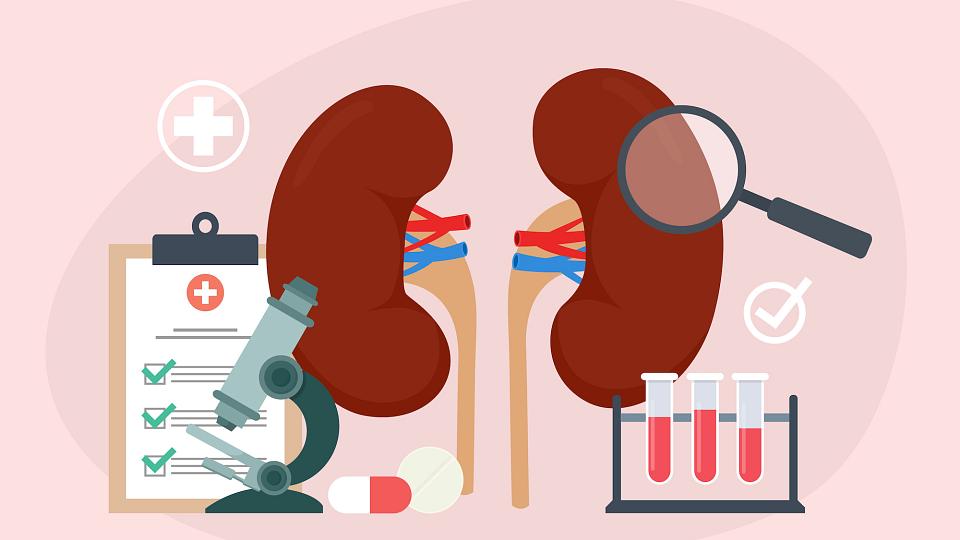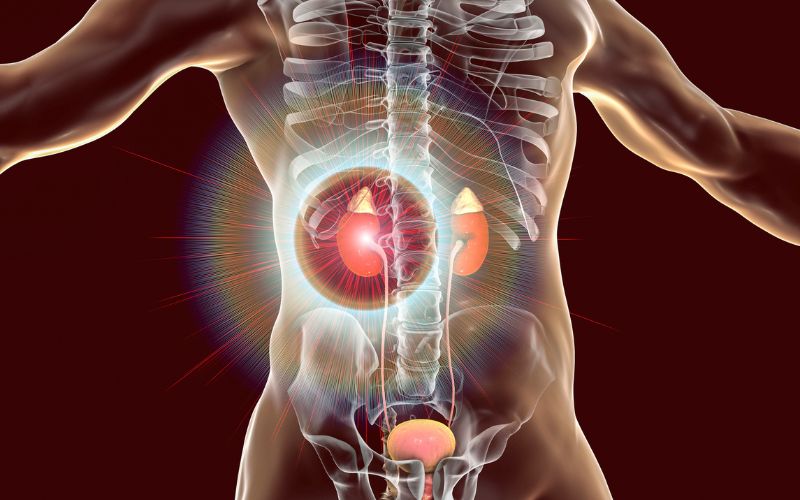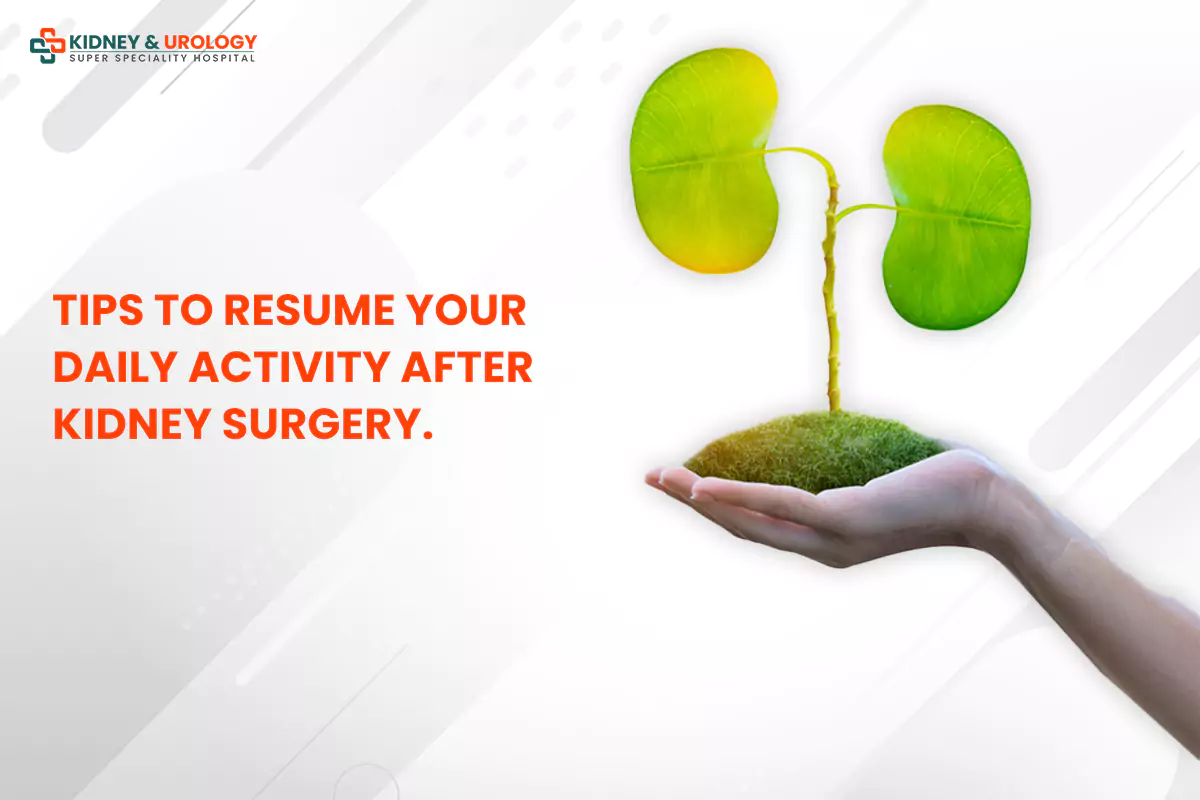When Kidney Stone Surgery is not recommended? Kidney Doctor from Hospital in Haryana
Kidney stone surgery refers to surgery procedures to remove or treat kidney stones. These stones are hard deposits formed in the kidneys from minerals and salts that crystallize and clump together. The surgery reduces the symptoms caused by kidney stones and eliminate the stones themselves.
Being a widely used medical treatment, kidney stone surgery in many instances is not recommended or performed. In this article, top nephrologist in Haryana discusses the factors that makes kidney stone surgery an avoidable treatment option for patients.
Factors when kidney store surgery is not recommended
The kidney stone surgery is not recommended by doctors in following cases:
-
Size Matters: Smaller kidney stones, particularly those less than 5mm in diameter, have a higher chances of passing spontaneously through the urinary tract. In such cases, urologists and nephrologists try to use kidney stone treatment without surgeryalternatives to encourage natural passage.
-
Location of the Stone: The location of the kidney stone is another factor in deciding the course of treatment. Stones situated in the lower part of the ureter or those close to the bladder have a better chance of passing without surgery. Conversely, stones lodged in the upper part of the ureter or within the kidney itself necessitate surgical removal.
-
Composition of the Stone: Kidney stones have different varying compositions, with the most common types being calcium oxalate, struvite, uric acid, and cystine stones. The composition influences treatment decisions, as certain stones respond well to dietary modifications and medicines. It makes surgery unnecessary. For example, uric acid stones can be dissolved through medicines and hydration, eliminating the need for surgery.
-
Patient Health and Age: The overall health condition of the patient is another important determinant in deciding whether surgery is a viable option or not. For individuals with underlying health conditions that pose a high risk during surgery, Kidney surgeon opt for alternative treatments. Additionally, age also impact the decision-making process, with elderly patients potentially facing increased surgical risks.
-
Pregnancy: Pregnant woman with kidney stones is another challenge. The safety of surgery during pregnancy is a important concern. Specialist doctors go for no-surgey options such as increased hydration and pain relief. Surgery is reserved for cases where the other treatments are ineffective or if complications are threatening the health of the mother and baby.
-
Repeated Stones: For those patients with a history of kidney stones, the decision for surgery is influenced by multiple factors. Kidney specialists consider measures, like dietary changes and medicines before resorting to surgery.
-
Infection and Obstruction: Kidney stones also lead to complications like urinary tract infections and obstruction. In cases where the stone causes a persistent obstruction or recurrent infections, surgery is the preferred option to alleviate symptoms and prevent further complications.
-
Uncontrolled Bleeding Disorders: Patients with uncontrolled bleeding disorders are at a higher risk of complications during surgery. Surgeons consider alternatives over surgery.
-
Risk of Anesthesia: Some individuals’ body have cautious responses to anesthesia, making surgery a high-risk process. In such cases, surgeons explore treatment options that do not involve general anesthesia.
Kidney stone treatment in Haryana | Top Hospital in Rewari
The decision to perform kidney stone surgery is dependent on multiple factors, including the size, location, and composition of the stone, as well as the overall health and circumstances of the patient. While surgery is an effective treatment option as per doctors but still, it is not a one-size-fits-all solution. By carefully considering these factors, kidney doctor decides the prefered treatment for each individual case, ensuring the best possible outcome for patients dealing with the pain and inconvenience of kidney stones.














Request A Callback